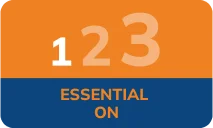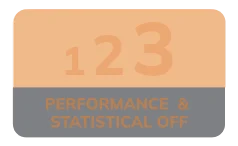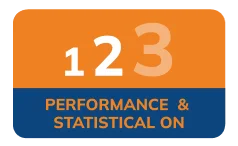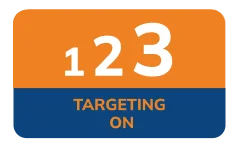What is Money Mule?
Money Mule is a term used to describe innocent victims who are duped by fraudsters into laundering stolen/ illegal money via their bank account(s). Money mules are recruited, sometimes unwittingly, by criminals to transfer illegally obtained money between different bank accounts. When such incidents are reported, the money mule becomes the target of police investigations, due to their involvement.
- Fraudsters contact customers via e-mails, chat rooms, job websites or blogs and convince them to receive money into their bank accounts, in exchange of attractive commissions.
- The fraudsters then transfer the illegal money into the money mule’s account
- The money mule is then directed to transfer the money to another money mule’s account – starting a chain that ultimately results in the money getting transferred to the fraudster’s account.
- When such frauds are reported, the money mule becomes the target of police investigations.
- Inaccessible bank accounts: During an investigation, law enforcement officials may freeze Money Mule’s bank accounts. Being unable to access funds may create a significant financial burden. These activities may also have a long-term impact on credit scores.
- Prosecution: Money Mules may be prosecuted for their participation in these schemes.
- Accountability for charges: In some cases, Money Mules are found personally responsible for repaying the losses suffered by the other victims.
- Vulnerability of personal information: As described in the typical process, criminals often collect personal information from the Money Mules. It is possible that the criminals may use this information for other malicious purposes.
- Do not respond to e-mails asking for your bank account details for any overseas job offer, first confirm the identity and contact details of the employing company
- Do not get carried away by attractive offers/ commissions or consent to receive unauthorised money
- Try to investigate the person or company before doing business with them When transferring money, use a method that protects the transaction. For example, many banks, credit cards and services such as PayPal may offer fraud protection
- Monitor the transactions, including checking for withdrawals from your bank account and tracking an order
- If you notice any problems, immediately contact the appropriate authorities. Depending on the circumstances, these authorities may include your bank, the service you used to conduct the transaction and law enforcement.
- The job position offered involves transferring money or goods
- The specific job duties are not described
- The company is located in another country
- The position does not list education or experience requirements
- All interactions and transactions will be done online
- The offer promises significant earning potential for little effort
- The writing is awkward and includes poor sentence structure
- The e-mail address associated with the offer uses a web-based service (Gmail, Yahoo!, Windows Live, Hotmail, etc.) instead of an organisation-based domain.
- Try to investigate the person or company before doing business with them
- When transferring money, use a method that protects the transaction. For example, many banks, credit cards and services such as PayPal may offer fraud protection
- Monitor the transactions, including checking for withdrawals from your bank account and tracking an order
- If you notice any problems, immediately contact the appropriate authorities. Depending on the circumstances, these authorities may include your bank, the service you used to conduct the transaction and law enforcement.
Scroll to Top










